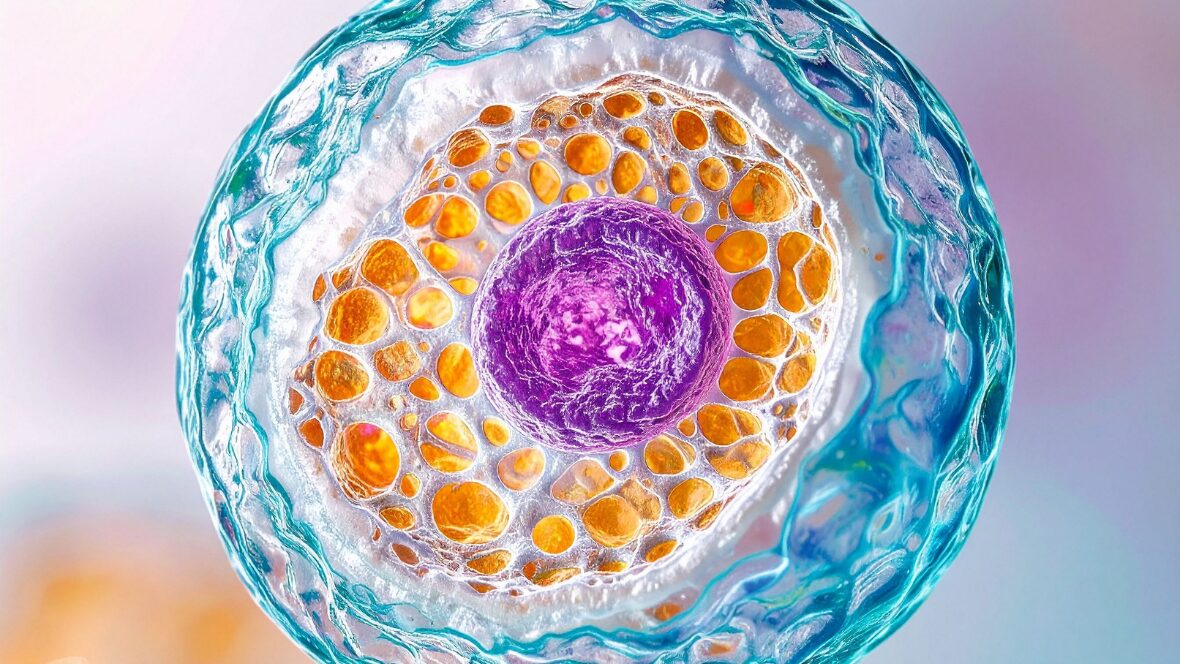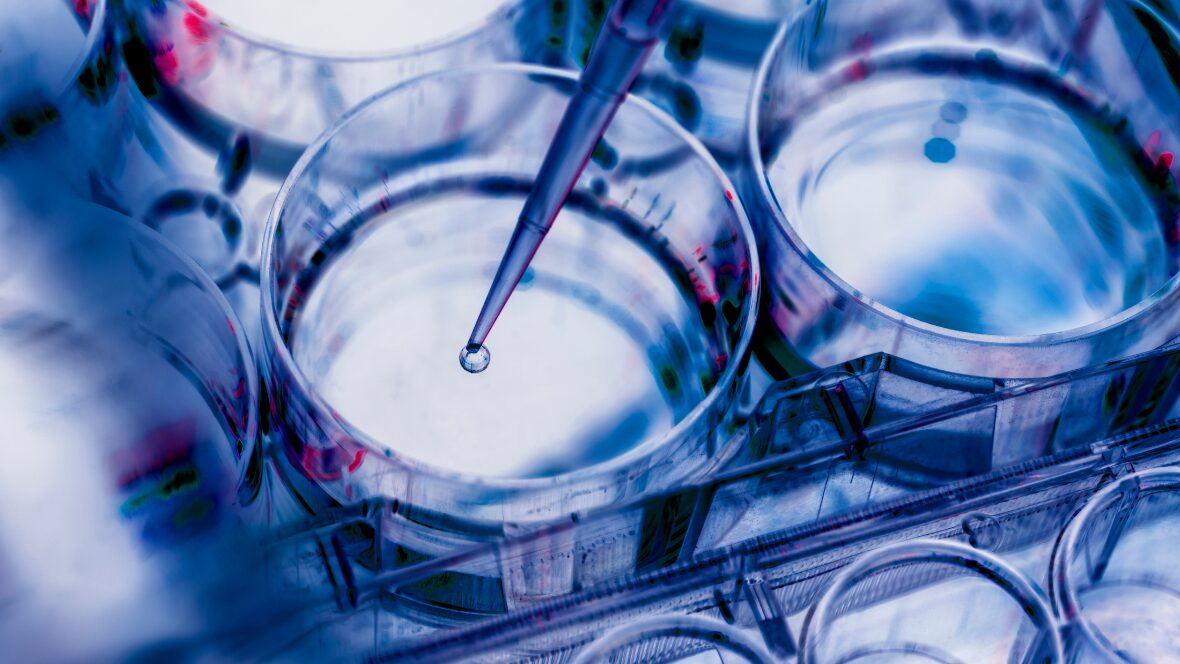Resveratrol: Exploring the Science Behind the “Longevity Molecule”
Resveratrol has gained attention in recent years for its potential to support longevity, cellular repair, and metabolic health. Found naturally in red grapes, blueberries, and peanuts, this powerful plant compound has become a cornerstone of research into healthy aging and inflammation control.
While it’s often associated with red wine, the real interest in resveratrol comes from how it works inside the body — particularly at the cellular and mitochondrial level.
What Is Resveratrol?
Resveratrol is a polyphenol, a type of antioxidant compound plants produce to protect themselves from stress. In the human body, it plays a similar role — helping neutralize oxidative stress and supporting the body’s natural defense systems.
Research suggests that resveratrol can activate SIRT1 and AMPK, two key pathways that regulate energy metabolism, stress response, and longevity. These same pathways are stimulated by healthy lifestyle habits like exercise, fasting, and balanced nutrition.
How It Works in the Body
Resveratrol influences several key processes that are central to health and disease prevention:
-
Cellular Energy Production: It enhances mitochondrial function — the energy “powerhouses” of the cell — helping improve endurance and vitality.
-
Inflammation Modulation: Chronic inflammation contributes to many chronic diseases. Resveratrol helps balance inflammatory signaling at the molecular level.
-
Cardiovascular Support: Studies show it promotes healthy circulation and protects blood vessels from oxidative damage.
-
Metabolic Regulation: It supports insulin sensitivity and balanced blood sugar levels.
-
Neuroprotection: Early research suggests resveratrol may help protect brain cells from oxidative stress and age-related decline.
These multi-system effects are why resveratrol is often referred to as a functional compound — it doesn’t target just one system but supports the body’s ability to repair and regulate itself as a whole.
What the Research Shows
While resveratrol has shown promising effects in animal and cell studies, human data are still evolving. Clinical studies have reported improvements in:
-
Blood sugar and lipid profiles
-
Vascular and endothelial function
-
Markers of oxidative stress and inflammation
-
Cognitive performance and memory in certain populations
However, responses can vary widely. One limitation is bioavailability — resveratrol is quickly metabolized by the body, meaning high doses or advanced formulations may be needed for therapeutic effects.
Researchers continue to explore optimal delivery systems and dosing strategies to maximize its potential benefits.
Potential Benefits and Considerations
Potential Benefits:
-
Improved mitochondrial energy production
-
Balanced inflammation and immune function
-
Support for cardiovascular and metabolic health
-
Cognitive and neuroprotective effects
-
Cellular protection and longevity signaling
Considerations:
-
Food sources such as red grapes, blueberries, and peanuts contain small amounts of resveratrol; supplementation may be necessary for therapeutic benefits.
-
High doses may cause mild digestive upset in some individuals.
-
Resveratrol can interact with blood-thinning or hormone-related medications — clinical supervision is recommended.
-
Quality matters: look for third-party tested supplements and professional-grade formulations.
Integrating Resveratrol into a Healthy Lifestyle
Resveratrol works best as part of a broader wellness approach that includes:
-
A diet rich in colorful plant-based foods
-
Consistent physical activity
-
Adequate sleep and stress management
-
Periodic detoxification and liver support
-
Other antioxidants such as CoQ10, vitamin C, or curcumin
These habits enhance the same biological pathways resveratrol influences — helping the body repair, renew, and maintain energy efficiency.
The Takeaway
Resveratrol is one of the most intriguing natural compounds studied in modern functional medicine.
Its ability to influence mitochondrial function, inflammation, and longevity genes makes it a valuable part of ongoing research into healthy aging and chronic disease prevention.
While it’s not a miracle supplement, resveratrol represents the growing understanding that health begins at the cellular level — and that by supporting those systems, we can improve energy, resilience, and long-term vitality.
Disclaimer: This article is for informational purposes only and is not intended as medical advice. Always consult a qualified healthcare professional before starting any new supplement or therapy.





